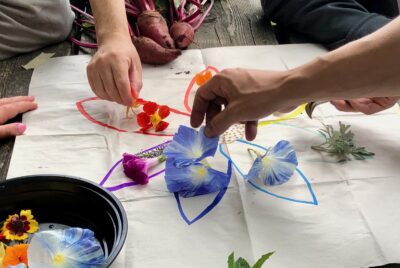RESEARCH
A comparative study of the physiological and psychological effects of forest bathing (Shinrin-yoku) on working age people with and without depressive tendencies
Summary
This study examined the physiological and psychological effects of forest bathing (Shinrin-yoku) on working-age people with and without depressive tendencies. Researchers conducted physiological measurements (blood pressure, pulse rate, autonomic functions) and psychological surveys (Profile of Mood States – POMS) before and after participants engaged in a day-long forest bathing session at a forest therapy base. Participants were classified into groups with depressive tendencies (K6 score of 5-12) and without (K6 score < 5) based on the Kessler Psychological Distress Scale (K6).
The results indicated that all participants experienced significant decreases in systolic and diastolic blood pressure and negative POMS items after forest bathing. Individuals with depressive tendencies showed significantly greater improvements in POMS items compared to those without depressive tendencies, reducing the differences between the two groups. The study concluded that forest bathing has positive effects on mental health, particularly for those with depressive tendencies.







